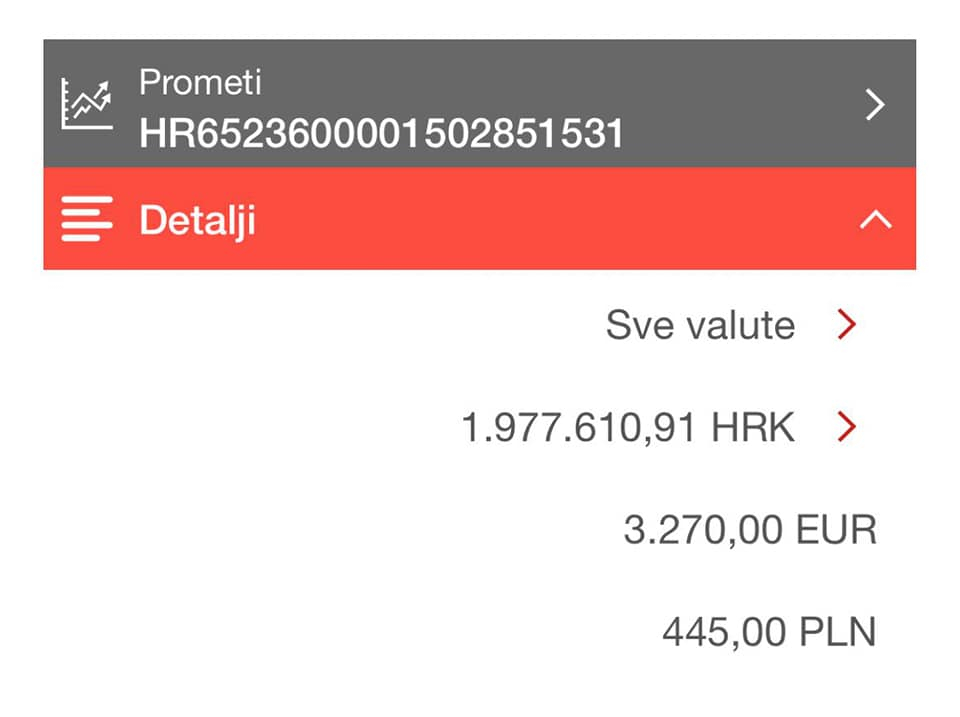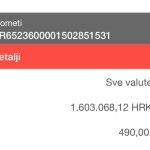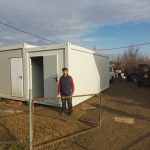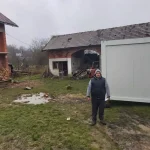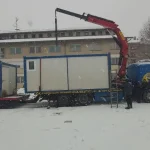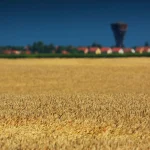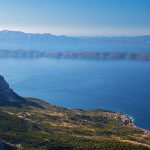After working as a humanitarian aid worker for a few years, urgent appeals for donations after natural disasters is something I am quite familiar with. I have closely followed many such appeals both out in the field in places such as Rwanda and Tajikistan, as well as as a private citizen in both Croatia and the UK.
Perhaps I am getting older, but it seems to me that there are a couple of differences in the response here in Croatia. The first is that I have never seen a country so strong and united in adversity as Croatia, and the sheer overwhelming desire to help is truly heartwarming. So many selfless acts from ordinary people are a privilege to observe and report on.
The second thing I have noticed is that, despite that incredible generosity and willingness to give, there is an inherent suspicion of many official appeals and bank accounts for donations, particularly on the part of some of the most generous and big-hearted donors of them all – the Croatian diaspora.
There is a good reason for this, after many send everything they had to help the Homeland through the war in the 1990s, and to help rebuild a new modern Croatia. I don’t think I am divulging any State secrets when I say that not all the money went to its intended targets.
Trust and transparency are essential when it comes to fundraising. The other issue which caused plenty of controversy during my days in the aid world was the percentage of donations which were given over to ‘administration.’
A lot of people have contacted TCN since the earthquake asking how they can donate. We published a list a few days ago, but I was really happy to see one more fund set up 5 days ago, from Udruga Glas Poduzetnika, or Voice of Entrepreneurs, which is a growing force for reform and change in Croatia. Run by people who want to see an end to corruption and needless red tape, I was sure that their efforts to help their fellow citizens in crisis would be transparent, dynamic, focused and effective, with all money donated going to the people who needed it most. And so it proved, which is why I am now directing anyone looking for a place to donate to UGP, as I explained a couple of days ago.
In order to convey that message of transparency, TCN has decided to follow the UGP efforts, and we plan to report daily on income and activities (as time and TCN resources permit). We begin our journey by talking one of the dynamic faces of UGP, co-founder Drazen Orescanin, who kindly found some time in his busy schedule for this email interview.
1. Natural disasters such as the Petrinja earthquake always bring lots of appeals for donations. Why did UGP decide to set up their own fund when there are official channels and established charities?
Many of our members wanted to make their donations through UGP because they consider us to be a very trustworthy organization. We knew that we can raise a lot of donations and we can distribute containers, equipment and building material very quickly, which is essential in such catastrophic situations. Also, we are doing that 100% transparently. In this way our donors can see people who got their donations, and that is something that can make people feel realy good about what they and we are doing.
2. What guarantees can you give potential donors that their donations will reach the people who most need it?
We have good cooperation with the mayors of Petrinja, Glina and other cities and villages in the region and we also have a strong team of UGP members and volunteers who are validating each recipient of the donation before we make the donation.
3. When I was an aid worker, a sizable percentage was usually allocated for ‘administration’. What percentage of each donation makes it to the people who need it with your fund?
Every single kuna and Euro that is donated will be spent on containers, equipment and building material. Our employees who are supporting this charity are paid from the main UGP account and the rest of the team are volunteers.
4. Tell us about your working relationship and coordination with the emergency services and authorities on the ground.
We have very good cooperation with mayors and deputies in many local authorities. We are also in daily contact with several other organizations – restaurants and chefs who are preparing meals, as well as structural engineers who are assesing damage in buildings. We hope that communication with other public services will be easier now that the crisis headquarters with deputy PM Medved is established.
5. What, in your opinion, are the most urgent aid requirements? Is it food, shelter, building materials, for example? What will be your main focus?
The most urgent need now are containers and mobile homes where people who can’t leave their homes and have livestock will stay for the next months. There is a need for more than a thousand containers. After that, we will focus on building material, so we can help the rebuilding of houses. Fortunatelly, there are enough clothes, food and blankets now
6. You set up the fund just a few days ago. How much have you raised so far?
We have raised 2,3 million kuna in five days.
7. You have already started to spend those funds to help the needy. Can you give us some more details?
We have ordered already 18 containers and we have spent 770.000 kuna. Out of that 154.000 kuna is VAT that is going straight to the state budget. We have asked the Ministry of Finance to approve a decision that such donations shall be VAT-free. In that case we would be able to bo 4 more containers for the same funds.
8. UGP has become a strong voice for reform and change in Croatia, and you have been very critical at times of the government’s handling of both the pandemic and the earthquake response. What are your main grievances regarding the earthquake response?
Croatia does not have defined protocols to handle such situations, and many things in the first week after the earthquake were not coordinated between different public services on the ground. Fortunatelly, many citizens, enterpreneurs and foreign governments have stepped in and sent a lot of help, also provided many public kichens and served hot meals for citizens and volunteers. Also, we are not very happy with the way how the government is communicating to the public about the situation and lack of appreciation for the citizens who helped a lot after the earthquake.
9. And what are the authorities doing well in your opinion?
I hope that now with new HQ all services will be more coordinated, and that they will smoothly take over all the infrastructure and activities done by volunteers.
10. One shocking aspect which has come to light after the earthquake is how many buildings which were built or rebuilt after the Homeland War suffered extensive damage. Can you tell us a bit more about why you think this is?
Croatia is well-known for the corrupt nature of our institutions. One of our former Prime Ministers is in prison with several sentences for corruption, and every few months a few highly positioned politicians are busted for corrupt offenses. The rebuilding of damaged areas after the war was of the biggest affairs where billions of kunas were stolen. The modus operandi was to use the minimum material to rebuild the house and take away everything else, so the houses were built without respecting earthquake safety rules. It is a well-known fact, it was in the media before, but no one has been prosecuted so far. I hope this will be the trigger for a revision of all buildings rebuilt after war.
11. Some people will donate money, others perhaps supplies, or their time and expertise. For those willing to donate materials or their time, what things are most needed, and what is your advice for those who want to volunteer?
For this first period, we have a good team on the ground. In the following months when we will deliver building materials, people will need craftsmen who will be able to build and repair their houses. We have many members with the necessary skills, but everyone who would like to be involved should join our Facebook group and follow the announcements and offer his or her help when there will be need for their skills.
12. And finally, of course, how can people donate to the UGP fund?
Information in English for donations you can find at our web site, both for donations from Coratia and abroad.
For the latest news from the Petrinja earthquake and aftermath, follow the dedicated TCN section.

